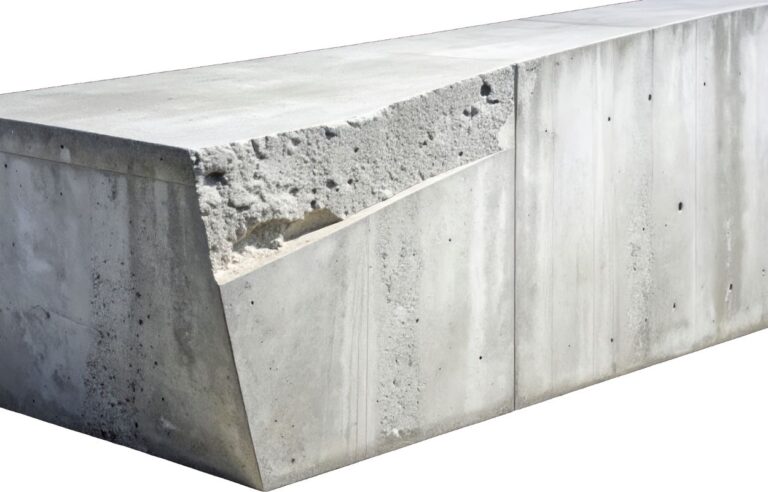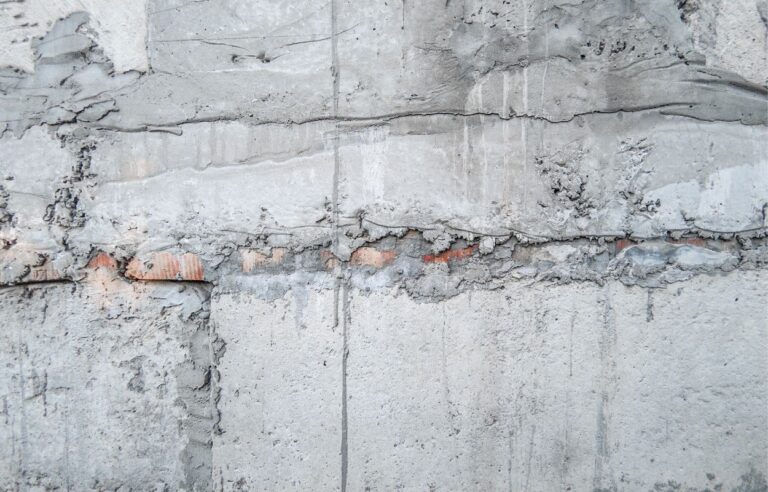
So, you’re considering hiring professionals for demolition. Whether you’re tearing down a garage, clearing out an old building, or starting fresh with a new project, it’s essential to understand what goes into the costs. Demolition isn’t just about smashing walls and calling it a day. There’s a lot more to it, and understanding the factors can help you budget wisely and avoid surprises.
If you’re planning a demolition in Nanaimo or anywhere else, here’s a breakdown of the main cost factors to expect and why they matter.
THE SIZE AND SCOPE OF THE JOB
The first thing any demolition contractor will ask about is the size of the structure. Are you removing a small shed or leveling a multi-story building? The size directly affects the cost because larger structures require more time, labor, and equipment.
Scope is another key piece. Are you just tearing down a building, or do you need site cleanup, debris removal, and maybe even recycling? The more you need done, the higher the price tag.
Pro tip: Be clear about what you want from the start. A clear scope of work helps contractors provide accurate estimates and prevents misunderstandings later.
LOCATION, LOCATION, LOCATION
Where the demolition takes place also plays a big role. For example, in a busy urban area, contractors might need to deal with tight spaces, traffic management, and noise restrictions. These challenges add time and cost to the project.
On the flip side, remote locations might seem simpler but can still rack up costs. Why? Transporting heavy machinery and crew to far-flung sites isn’t cheap. If you’re planning demolition in Nanaimo, the cost might vary depending on whether the site is downtown, in a residential area, or further out.
MATERIALS AND CONSTRUCTION TYPE
What your building is made of matters more than you might think. Older buildings might contain hazardous materials like asbestos, lead paint, or mold. Removing these safely requires specialized teams, extra precautions, and sometimes government permits.
Even if there’s no hazardous material, the type of construction still matters. Concrete and brick structures take more time and effort to demolish than wood-framed buildings. Materials also affect debris disposal since some are easier (and cheaper) to recycle or dispose of than others.
PERMITS AND REGULATIONS
Every demolition project needs permits. These vary depending on your location and the type of work involved. Permits come with fees, and the process can take time. In some cases, contractors handle this for you, but the cost will be added to your bill.
On top of that, regulations might require you to notify neighbors or meet specific environmental standards. Staying compliant is crucial to avoid hefty fines or project delays.
EQUIPMENT AND LABOR
The cost of equipment and labor will likely make up a significant portion of your bill. Professional demolition crews use heavy machinery like excavators, bulldozers, and sometimes even cranes. Renting or owning this equipment is expensive, and skilled operators don’t come cheap.
Labor costs also depend on how complex the job is. Does it require manual demolition in tight spaces? Are specialists needed for tasks like asbestos removal? The more specialized the work, the higher the price.
DEBRIS REMOVAL AND CLEANUP
Demolition creates a lot of waste, and that waste has to go somewhere. Removing and disposing of debris involves trucking it away and paying disposal fees. If your contractor recycles some of the materials, this can lower costs slightly, but it depends on what’s salvageable.
Be sure to ask what’s included in the contractor’s cleanup services. Some companies leave the site spotless, while others might only handle basic debris removal.
TIMELINE AND DEADLINES
Time is money, especially in demolition. If you need the job done quickly, expect to pay more. Rushed timelines might require extra crew, overtime pay, or even additional equipment to speed things up.
On the other hand, if you have a flexible schedule, you might save some money. Contractors can plan the work around their other projects, potentially reducing costs.
HIDDEN SURPRISES
Demolition is unpredictable. Sometimes, contractors uncover unexpected challenges like underground tanks, weak foundations, or hazardous materials. Dealing with these surprises adds time and cost to the project.
While you can’t predict every issue, a thorough pre-demolition inspection can help identify potential risks. Many contractors include this as part of their service, but it’s always good to ask.
ENVIRONMENTAL CONSIDERATIONS
Environmental concerns are becoming more important in demolition. Recycling materials, reducing waste, and minimizing environmental impact can all add to the cost. Some areas require strict adherence to green demolition practices, which might involve additional planning and resources.
If sustainability is important to you, talk to your contractor about eco-friendly options. It might cost a little more upfront, but it can make a big difference for the planet.
WHY CHOOSE PROFESSIONALS?
Some folks wonder if they can save money by doing demolition themselves. While DIY can work for small jobs, it’s rarely the best choice for larger projects. Professional crews bring expertise, equipment, and safety protocols that you just can’t replicate on your own.
And let’s not forget peace of mind. When you hire professionals, you can trust that the job will be done safely, on time, and up to code.
TIPS FOR MANAGING COSTS
Demolition costs can feel overwhelming, but there are ways to manage them. Getting multiple quotes from contractors can help you compare prices and services. Be clear about what you need and communicate those details with your chosen professional. The more detailed your project description, the fewer surprises you’ll encounter along the way.
Planning ahead is another smart move. Rushed timelines often lead to higher costs, so taking your time to prepare can save money. Consider asking your contractor if recycling is an option, as salvaging materials can sometimes help reduce costs. Lastly, take the time to understand your contractor’s estimate and confirm what’s included, so there are no unexpected expenses.
Demolition might seem straightforward, but there’s a lot to consider. From the size of the job to hidden surprises, every factor plays a role in the final cost. Understanding these details can help you feel more prepared and confident as you plan your project.
If you’re tackling a demolition in Nanaimo, take the time to choose a trusted professional who fits your budget and understands your vision. With the right team, you’ll be one step closer to bringing your new project to life.
Got questions or need advice? Reach out! We’re here to help guide you through every step of the demolition process. Let’s make your project a success.





